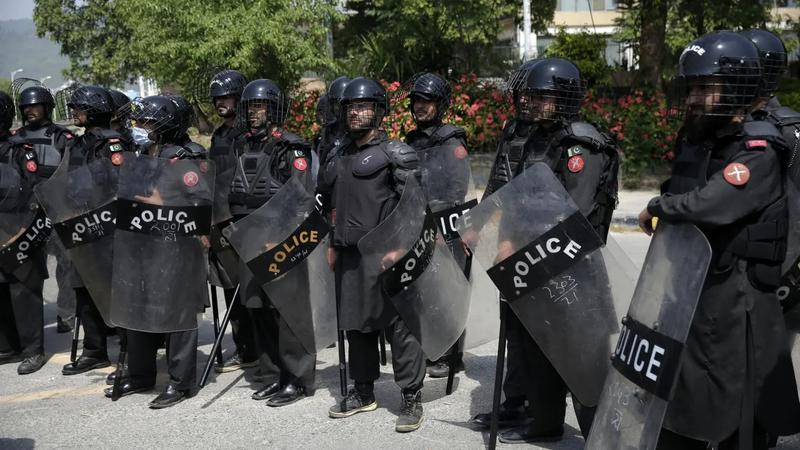Published 16:56 IST, May 31st 2024
Pakistan’s Additional Advocate General Acknowledges PoJK as 'Foreign Territory' Amid Recent Protests
In a significant legal development, the Additional Advocate General of Pakistan acknowledged in the Islamabad High Court that PoJK is foreign territory.

This admission occurred during the hearing of an abduction case involving Kashmiri poet Ahmad Farhad. | Image:
AP
- Listen to this article
- 4 min read
Advertisement
16:56 IST, May 31st 2024




